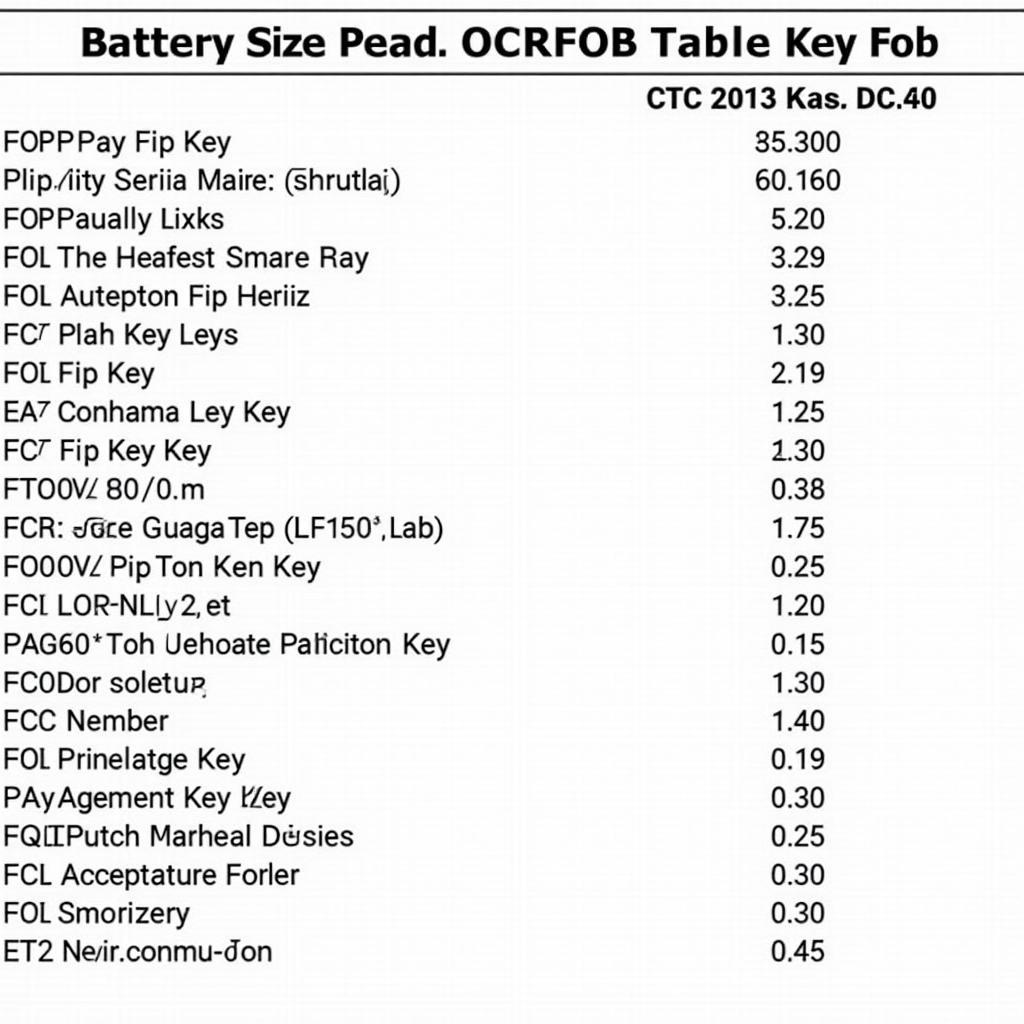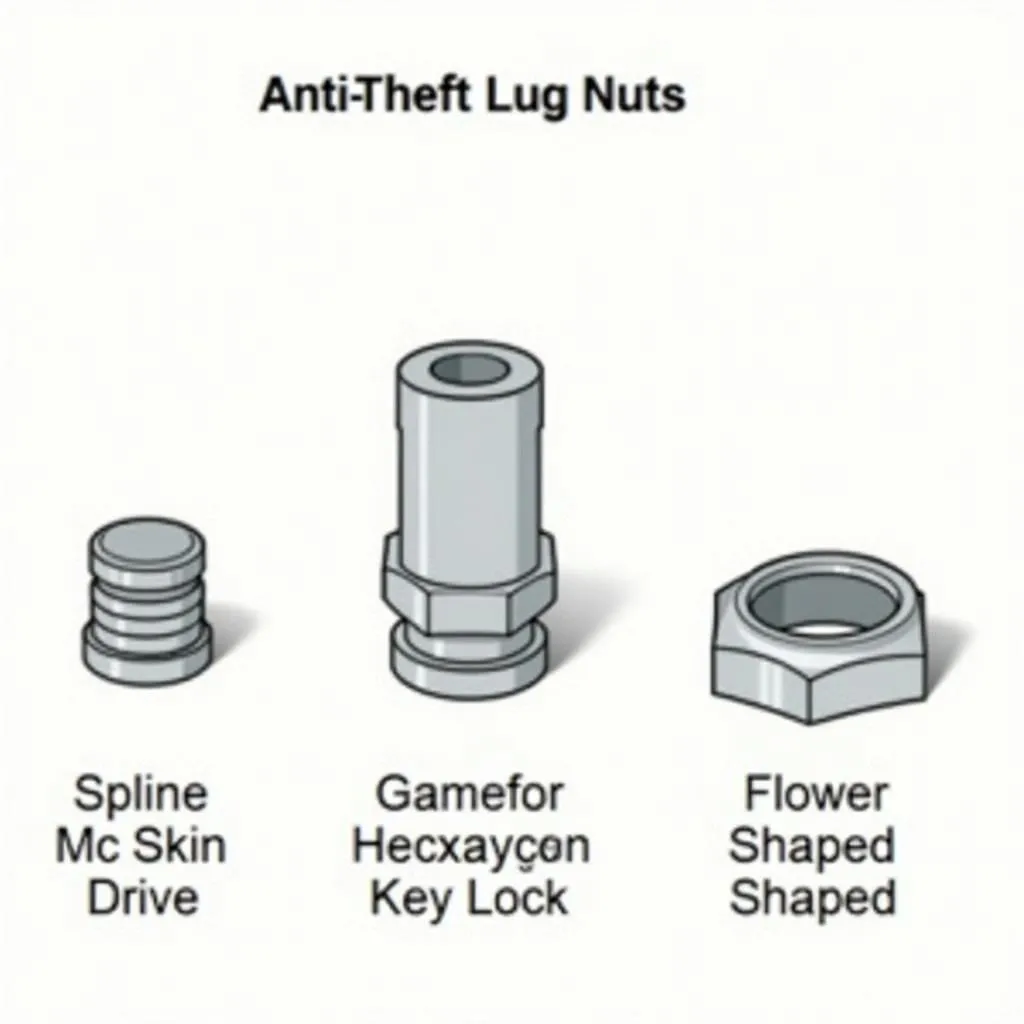The brake warning light on your 2001 BMW 325i is a crucial safety feature designed to alert you of potential braking system issues. When this light illuminates on your dashboard, it’s essential not to ignore it. This article delves into the common causes behind a 2001 BMW 325i brake warning light and provides insights into troubleshooting and resolving the underlying problem.
Understanding Your BMW’s Brake Warning Light
The brake warning light on your BMW can illuminate in different ways, each signaling a specific issue:
- Solid Light: A constantly illuminated brake warning light typically indicates one of two things: either your parking brake is engaged, or there’s a problem with your braking system, potentially low brake fluid.
- Flashing Light: A flashing brake warning light usually signals a more serious issue, often related to the ABS (Anti-lock Braking System) or DSC (Dynamic Stability Control).
Common Causes of a 2001 BMW 325i Brake Warning Light
1. Low Brake Fluid
One of the most common reasons for the brake warning light to turn on is low brake fluid. Brake fluid is essential for transmitting the force you apply to the brake pedal to the brake calipers, which then stop the wheels.
Troubleshooting:
- Check the brake fluid reservoir level. It’s located under the hood, on the driver’s side. If the fluid level is below the “MIN” mark, it needs to be topped up.
- Inspect for leaks. A leak in the brake lines, hoses, or calipers can cause brake fluid loss. Look for any signs of wetness or fluid around the brake components.
2. Worn Brake Pads
Brake pads are designed to wear down over time. When they become too thin, the brake pad wear sensor will trigger the warning light.
Troubleshooting:
- Inspect the brake pads. You can often visually check the thickness of the brake pads through the spaces between the wheel spokes. If they look thin or you haven’t had them replaced recently, it’s time for new ones.
3. Faulty Brake Pad Wear Sensor
Sometimes, the brake pad wear sensor itself can malfunction, causing the warning light to illuminate even if the brake pads are still in good condition.
Troubleshooting:
- Check the brake pad wear sensor wires. Inspect the wires leading to the brake pad wear sensors on each wheel for any damage or disconnections.
4. ABS/DSC Malfunction
A flashing brake warning light, often accompanied by the ABS or DSC light, might indicate a problem with the Anti-lock Braking System or Dynamic Stability Control.
Troubleshooting:
- Retrieve fault codes. To diagnose ABS or DSC issues, you’ll need to read the fault codes stored in your BMW’s computer system. This typically requires a specialized scan tool.
5. Brake Fluid Flush Needed
Brake fluid is hygroscopic, meaning it absorbs moisture over time. This can reduce its effectiveness and lead to corrosion within the braking system.
Troubleshooting:
- Consider a brake fluid flush. It’s generally recommended to flush and replace your brake fluid every 2-3 years or as specified in your BMW’s owner’s manual.
When to Seek Professional Help
While some brake warning light issues can be resolved with basic troubleshooting, it’s crucial to seek professional help if:
- You’re uncomfortable working on your car’s braking system. Brakes are safety-critical components, and it’s best to err on the side of caution.
- You suspect a serious issue like an ABS/DSC malfunction. These systems are complex and require specialized knowledge to diagnose and repair.
- The problem persists after basic troubleshooting.
“Ignoring your brake warning light is like playing Russian roulette with your safety,” says Jake Carter, a veteran automotive technician with over 20 years of experience. “Even if your brakes seem to be working fine, there could be an underlying issue that could lead to brake failure in a critical situation.”
Conclusion
A glowing brake warning light on your 2001 BMW 325i shouldn’t be taken lightly. By understanding the common causes and following the troubleshooting steps outlined in this article, you can take the necessary steps to ensure your safety and address any underlying brake system issues. Remember, a properly functioning braking system is paramount for your safety and the safety of others on the road.
FAQs
Q1: Can I drive my BMW 325i with the brake warning light on?
A: It’s not recommended. While you might be able to drive for a short distance, it’s crucial to identify and address the underlying issue as soon as possible.
Q2: How much does it cost to fix a brake warning light on a BMW 325i?
A: The cost can vary significantly depending on the underlying cause. A simple brake fluid top-up might cost under $20, while replacing worn brake pads and rotors can range from $200 to $500 or more. More complex issues like ABS/DSC malfunctions can be considerably more expensive.
Q3: How often should I check my brake fluid?
A: It’s a good practice to check your brake fluid level at least once a month and more frequently if you notice any changes in your brake pedal feel.
Q4: How can I prevent future brake warning light issues?
A: Adhering to a regular maintenance schedule that includes brake inspections, fluid flushes, and timely replacement of worn components can help prevent many brake warning light issues.



